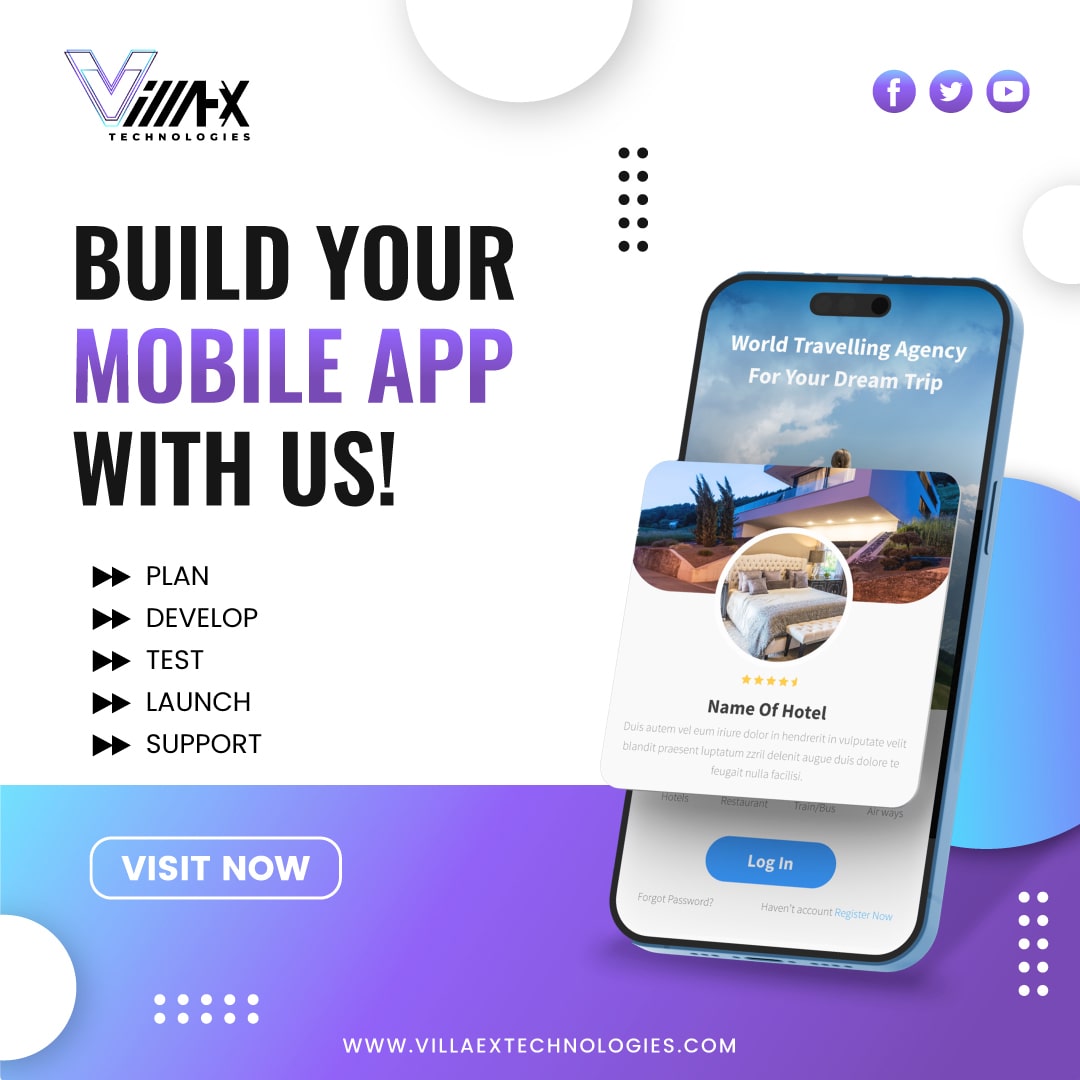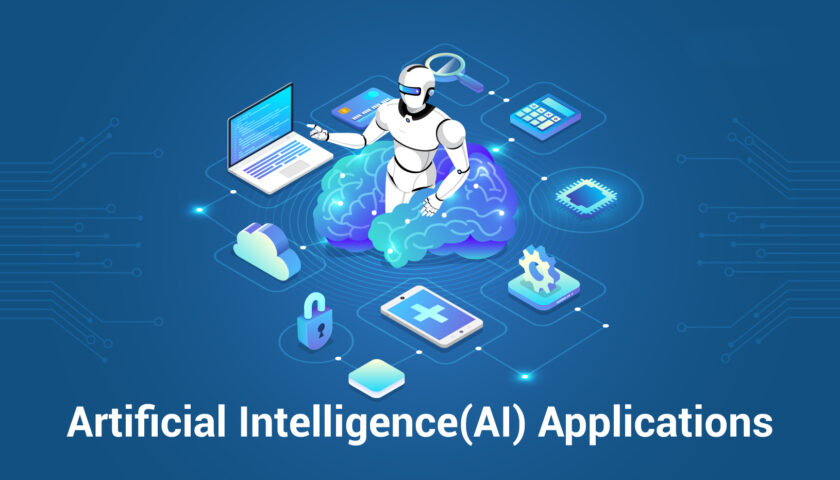Mobile app development has undergone significant transformations over the past decade, driven by rapid technological advancements and evolving user expectations. From the early days of basic apps with limited functionality to the sophisticated and feature-rich applications we use today, the journey has been remarkable. This article delves into the key advancements in mobile app development technologies, exploring how these innovations are shaping the future of this dynamic field.
Evolution of Mobile App Development
Early Days: The Birth of Mobile Apps
The inception of mobile apps can be traced back to the early 2000s when basic applications like calculators, calendars, and simple games were introduced on mobile phones. These early apps were limited in functionality and primarily developed using basic programming languages.
The Rise of Smartphones
The advent of smartphones marked a significant milestone in mobile app development. With the launch of Apple’s iPhone in 2007 and the subsequent release of Android smartphones, the mobile app ecosystem began to flourish. App stores such as Apple’s App Store and Google Play provided developers with platforms to distribute their apps, leading to an explosion in app availability and diversity.
Key Advancements in Mobile App Development Technologies
1. Cross-Platform Development
One of the most significant advancements in recent years is the rise of cross-platform development frameworks. Tools like React Native, Flutter, and Xamarin allow developers to write code once and deploy it across multiple platforms, including iOS and Android. This approach reduces development time and costs, ensuring a consistent user experience across different devices.
2. Artificial Intelligence and Machine Learning
Artificial Intelligence (AI) and Machine Learning (ML) have revolutionized mobile app development by enabling apps to learn from user interactions and improve over time. AI-powered features such as personalized recommendations, voice assistants, and image recognition enhance user experience and provide a competitive edge.
3. Augmented Reality and Virtual Reality
Augmented Reality (AR) and Virtual Reality (VR) technologies have opened new avenues for mobile app development. AR apps like Pokémon Go and VR applications for immersive experiences in gaming and education are gaining popularity. These technologies are transforming how users interact with apps, making experiences more engaging and interactive.
4. Internet of Things (IoT)
The integration of Internet of Things (IoT) technology in mobile apps has created a seamless ecosystem where devices can communicate and interact with each other. IoT-enabled apps allow users to control smart home devices, wearables, and other connected gadgets from their mobile phones, enhancing convenience and efficiency.
5. Progressive Web Apps (PWAs)
Progressive Web Apps (PWAs) combine the best of web and mobile apps, providing a native app-like experience within a web browser. PWAs are designed to work offline, load quickly, and offer push notifications, making them a cost-effective alternative to native apps while ensuring high performance and reliability.
6. 5G Technology
The rollout of 5G networks is set to revolutionize mobile app development by offering unprecedented speed and connectivity. 5G technology enables faster data transfer, lower latency, and improved reliability, paving the way for more complex and data-intensive applications such as real-time gaming, augmented reality, and high-definition video streaming.
7. Blockchain
Blockchain technology is making its way into mobile app development, particularly in areas requiring enhanced security and transparency. Blockchain’s decentralized nature ensures secure transactions, making it ideal for apps in finance, healthcare, and supply chain management.
8. Low-Code and No-Code Platforms
Low-code and no-code development platforms are democratizing mobile app development by enabling individuals with little to no coding experience to create fully functional apps. These platforms offer visual development tools and pre-built components, accelerating the development process and reducing the dependency on professional developers.
Impact of Advancements on User Experience
Enhanced Personalization
Advancements in AI and ML have significantly improved app personalization. Apps can now analyze user behavior and preferences to deliver personalized content and recommendations, enhancing user engagement and satisfaction.
Improved Performance and Speed
Technologies like 5G and PWAs ensure that apps load faster and perform better, even under varying network conditions. This leads to a smoother and more responsive user experience, reducing frustration and improving overall app usability.
Greater Accessibility
Cross-platform development and low-code/no-code platforms have lowered the barriers to entry for app development, leading to a greater diversity of apps and making advanced app functionalities accessible to a broader audience.
Future Trends in Mobile App Development
Emphasis on Security and Privacy
As mobile apps handle increasing amounts of sensitive user data, security and privacy will become paramount. Developers will need to implement robust security measures, such as end-to-end encryption and secure authentication, to protect user information.
Integration of Advanced Technologies
The integration of advanced technologies like AI, AR/VR, IoT, and blockchain will continue to evolve, leading to more innovative and feature-rich applications. These technologies will drive the development of smart apps that can anticipate user needs and provide real-time solutions.
Rise of Edge Computing
Edge computing, which involves processing data closer to the source rather than relying on centralized cloud servers, will become more prevalent. This approach reduces latency and improves the performance of data-intensive applications, making it ideal for real-time analytics and IoT applications.
Focus on Sustainability
Sustainability will play a crucial role in future app development. Developers will focus on creating energy-efficient apps that minimize battery consumption and optimize resource usage, aligning with the growing emphasis on environmental responsibility.
Conclusion
The advancements in mobile app development technologies have transformed the landscape, offering developers new tools and methodologies to create innovative, efficient, and user-friendly applications. As technology continues to evolve, the future of mobile app development looks promising, with endless possibilities for enhancing user experience and driving digital transformation across various industries. Embracing these advancements will be key to staying competitive and meeting the ever-growing demands of users in the mobile-first world.





